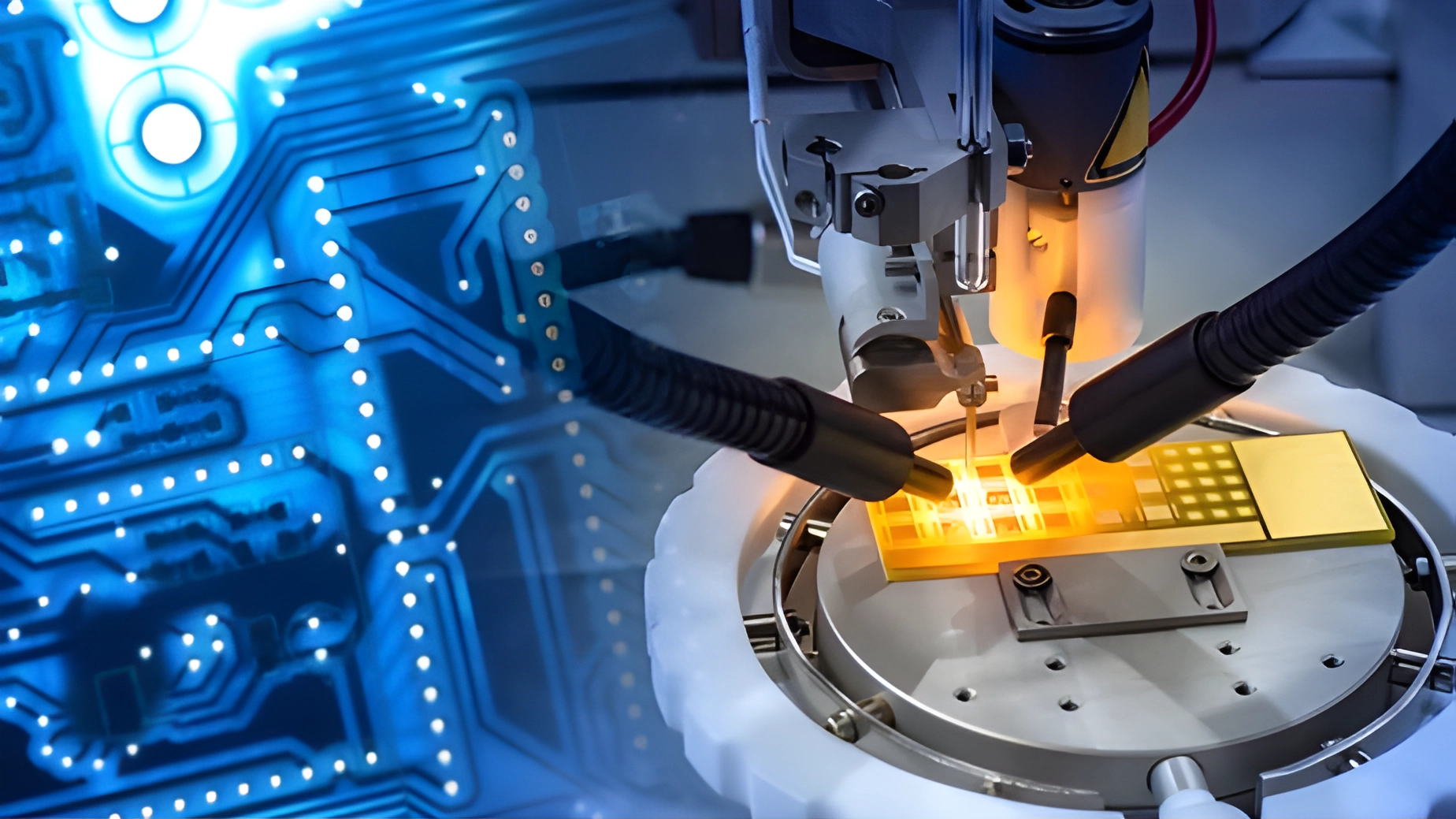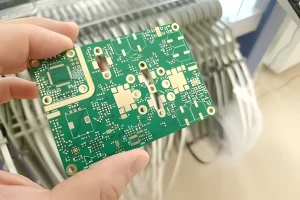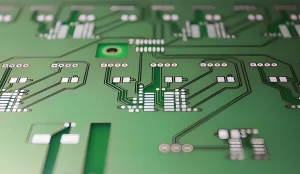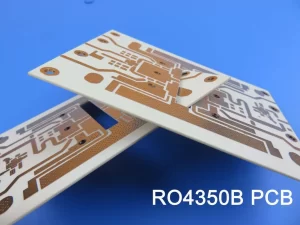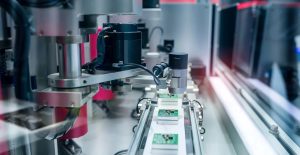目录
ToggleIntroduction to Gold and Silver Immersion in PCB Manufacturing
Printed circuit boards (PCBs) are the backbone of modern electronics. They are used in a wide range of applications, from consumer electronics to industrial automation. To ensure the highest quality and reliability, PCBs must be manufactured with the utmost precision. One of the most important steps in the PCB manufacturing process is the immersion of the board in a metal solution. Gold and silver are two of the most commonly used metals for this process.
Gold and silver immersion are used to create a conductive layer on the surface of the PCB. This layer is essential for the proper functioning of the board, as it allows electrical signals to travel between components. Gold and silver immersion are both effective methods for creating this layer, but there are some key differences between the two. In this article, we will explore the advantages and disadvantages of gold and silver immersion in PCB manufacturing.
Advantages of Gold Immersion in PCB Production
Gold immersion is one of the most popular methods for creating a conductive layer on a PCB. Gold is an excellent conductor of electricity, making it ideal for use in high-speed and high-frequency applications. Gold is also highly resistant to corrosion, making it a great choice for long-term reliability. Additionally, gold is relatively easy to work with, making it a cost-effective option for PCB manufacturers.
Gold immersion is also a great choice for applications that require a high level of precision. Gold is a soft metal, which makes it easy to etch and shape into intricate patterns. This makes it ideal for applications that require complex circuitry, such as high-end consumer electronics.
Advantages of Silver Immersion in PCB Production
Silver immersion is another popular method for creating a conductive layer on a PCB. Silver is an excellent conductor of electricity, making it ideal for use in high-speed and high-frequency applications. Silver is also highly resistant to corrosion, making it a great choice for long-term reliability. Additionally, silver is relatively easy to work with, making it a cost-effective option for PCB manufacturers.
Silver immersion is also a great choice for applications that require a high level of precision. Silver is a soft metal, which makes it easy to etch and shape into intricate patterns. This makes it ideal for applications that require complex circuitry, such as high-end consumer electronics.
Comparing Gold and Silver Immersion in PCB Manufacturing
When it comes to creating a conductive layer on a PCB, both gold and silver immersion are effective methods. However, there are some key differences between the two. Gold is a better conductor of electricity than silver, making it ideal for high-speed and high-frequency applications. Gold is also more resistant to corrosion than silver, making it a better choice for long-term reliability.
On the other hand, silver is a softer metal than gold, making it easier to etch and shape into intricate patterns. This makes it ideal for applications that require complex circuitry, such as high-end consumer electronics. Additionally, silver is a more cost-effective option than gold, making it a great choice for budget-conscious PCB manufacturers.
In conclusion, both gold and silver immersion are effective methods for creating a conductive layer on a PCB. However, there are some key differences between the two. Gold is a better conductor of electricity and more resistant to corrosion, while silver is softer and more cost-effective. Ultimately, the choice between gold and silver immersion will depend on the specific requirements of the application.
Component Procurement

